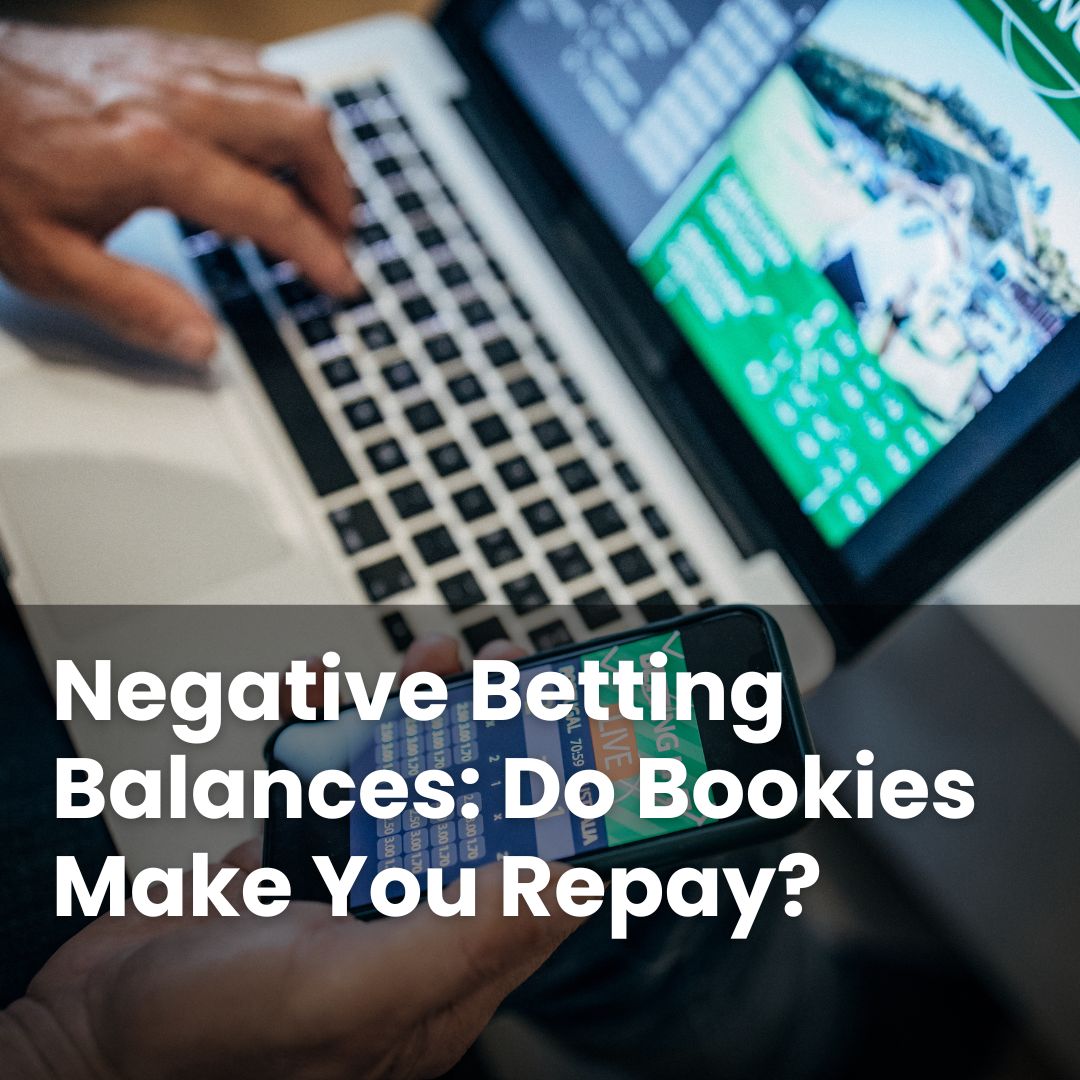If you place bets online, your account balance should reduce as you place wagers and increase if you win. But what happens if your balance goes below zero? Some people log in, only to find they owe money to the bookmaker.
This can be confusing, especially if it’s your first time seeing a negative balance. To clear things up and help you feel more at ease, let’s look at why it happens, what bookies do next, and what you should know before betting again.
Keep reading to find out exactly how negative balances work and what steps you can take if it happens to you.
How Your Betting Account Can Go Negative
A negative balance is not common, but it can happen for a few reasons. One possible reason is a technical issue on the bookmaker’s end. When deposits or bets are processed out of order, your balance may not update properly, making it look like you’ve spent more than you deposited.
Reversed payments are another factor. If you fund your account with a debit or credit card and the payment fails after bets are placed, the amount that has been credited to your account can be taken back by the bookmaker, leaving your balance in the negative.
Unauthorised access to your account is also a risk. If someone else gains access, they could place bets or make withdrawals, putting your account in deficit before you even spot the problem.
Occasionally, errors in how bets or games are settled can cause a balance to slip below zero. If the bookmaker corrects a wrongly paid out bet, this could result in funds being reclaimed from your account.
Each site’s terms and conditions explain how balances are managed. It could be helpful to read these for detailed information about how issues like this are handled.
What Happens to Your Withdrawals?
If your account shows a deficit and you try to withdraw, the bookmaker will review your balance first. Withdrawals are normally not approved if you owe money. Instead, your request can be automatically cancelled or put on hold.
If you have both winnings and a negative balance, your winnings may be used to clear what you owe, as described already. For example, win £30 with a balance of minus £20, and only £10 might be available for withdrawal.
Your bookmaker will always check for any outstanding balance before releasing funds. This process can sometimes be delayed for extra checks, particularly if there is confusion over account activity.
Casino winnings and sports bets are treated the same way by bookies—they’re all subject to the same process for settling outstanding debts. As always, bettors should remember to gamble responsibly and within their means- never wager more than you can afford to lose.
Discover The Best Online Casinos
Browse our list of top-recommended casino sites, read reviews from real players & be the first to get access to the latest casino bonuses
Dealing With Settled Bets and Reversals
After the outcome of an event is final, bookies settle your bets. Mistakes do sometimes occur at this stage. For example, a bet might be paid out in error due to a technical mistake or a problem with the external feeds bookies use to get results.
Bookies may reverse payouts if a bet was mistakenly credited. If you’ve already spent the money, this can push your balance below zero. The same can happen if a sporting event’s result is later changed, such as a disqualification.
All regulated UK betting sites must have fair procedures for handling these situations. Checking your bookmaker’s policy could be useful to see how reversals and corrections are managed.
Bookies’ Rules for Recovering Funds
Bookies publish their procedures in their terms and conditions. If you owe money, any new deposits or future winnings may be used to pay off the negative balance. These funds are applied to the debt before you can withdraw or use them in other ways.
In less common cases, if the debt is large or not cleared quickly, the bookie might get in touch to arrange payment directly. They can also temporarily freeze your account until the money is repaid.
For smaller sums, external collection is rare, but for more significant amounts, a different approach may be taken. Each bookmaker’s policy will outline their particular process.
All recovery procedures follow guidelines set by the UK Gambling Commission (UKGC), aimed at protecting both players and betting operators.
When to Reach Out for Help
If you notice a negative betting balance on your account that you do not understand or believe to be incorrect, it might be useful to contact the bookmaker promptly. Reaching out as soon as possible allows the operator to review your account activity and provide clarification or resolve any discrepancies.
If you are unsure about your obligations regarding the negative balance, seeking assistance directly from the bookmaker might be a wise way to seek clarification.
Common Misunderstandings About Negative Balances
Seeing a negative balance can be unsettling, especially if you’re not sure why it’s happened. It’s easy to think you’ve simply lost bets, but as mentioned earlier, other factors—like technical issues or bet reversals—can be responsible.
A negative balance is often linked to technical errors or payment problems, not just overspending or poor money management. If your account balance doesn’t look right and you’re unsure why, it could help to speak to your bookmaker’s support team. They can look at your transaction history and clarify what’s happened.
Getting to grips with how negative balances arise means you might be better prepared if it ever happens.





